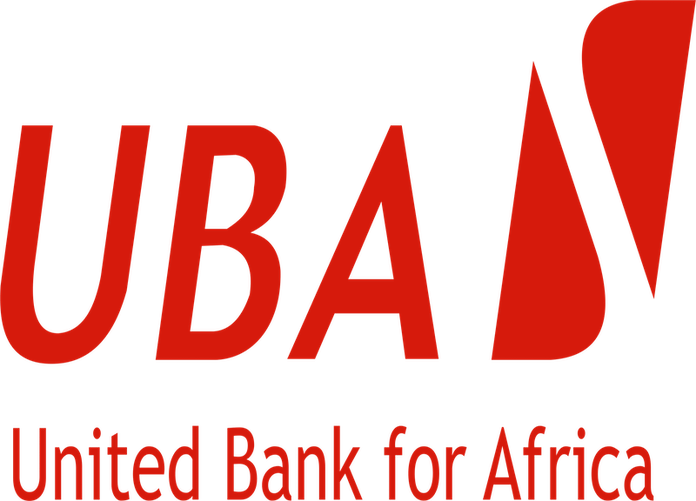- UBA Half-year Profit Rises by 65.5%
United Bank for Africa Plc has recorded a significant rise of 65.5 per cent in its profit before tax for the audited half-year financial results ended June 30, 2017.
Its PBT for the period stood at N57.5bn as against N34.8bn posted in the corresponding period of 2016.
The pan-African financial institution, in a statement on Thursday, grew its gross earnings for the period by 34.5 per cent to N222.7bn, as against N165.6bn reported in June 2016.
The bank’s soaring business performance and increasing share of customers’ wallet were driven by the 44.3 per cent and 16.0 per cent growth in interest income and non-funded income, respectively. The group’s operating income stood at N161.8bn, compared to N116.2bn recorded in the corresponding period of 2016, representing a 39.2 per cent growth.
Notwithstanding the impact of naira devaluation and double-digit inflation in Nigeria and a number of other African countries where UBA operates, the group said it managed through its cost lines to deliver a sterling result and grow shareholders’ wealth.
In the same vein, the group recorded a profit after tax of N42.3bn, translating to a 56.2 per cent growth over the N27.1bn recorded in the half-year of 2016. This profitability, the statement explained, further reflected the earnings capacity of the group and its capability to progressively deliver superior returns to shareholders.
While the group closed the half year with total assets of N3.69tn, a growth of 5.3 per cent, it grew gross loans to N1.6tn, a four per cent growth when compared to the group loan book as at December 31, 2016.
Reflecting a strong capacity for internal capital generation, the group’s shareholders’ fund grew by eight per cent to N483.1bn, while it delivered an annualised 18.2 per cent return on average equity and an Interim dividend of N0.20 per share.
In his comments with respect to the result, the Group Managing Director/Chief Executive Officer UBA, Kennedy Uzoka, said that, “The results again demonstrate the strong momentum of the bank, as we deliver continuous improvement across our businesses and key performance metrics.”
Uzoka said the bank’s “unwavering focus on customer service excellence is translating to strong operational and financial efficiency gains. We have achieved better pricing on assets and liabilities, leading to continued improvement in the net interest margin to 7.3 per cent.
“Leveraging our service-focused strategy and treasury management, we grew non-interest income by 17 per cent year-on-year, reinforcing our transaction-banking-led approach towards deepening financial inclusion in sub-Saharan Africa.”
According to him, UBA has made considerable progress in its retail banking penetration, gaining market share in deposits, at a time when a sizeable percentage of households are challenged due to inflationary pressures on disposable income. The bank grew its retail savings and current account deposits by 23 per cent and five per cent year-to-date,respectively.
Also commenting, the bank’s Group Chief Financial Officer, Ugo Nwaghodoh, said the bank had “a strong start in the year, despite protracted recession in Nigeria, our largest market. Our profit after tax of N42bn translates to 18.2 per cent return on average equity, broadly in line with our 2017 full-year guidance.”
He further said that the bank’s African subsidiaries (ex-Nigeria) contributed 32 per cent of the group’s earnings, leveraging digital offerings to gain market share across the different markets.


 Naira4 weeks ago
Naira4 weeks ago
 Naira4 weeks ago
Naira4 weeks ago
 Travel3 weeks ago
Travel3 weeks ago
 Jobs4 weeks ago
Jobs4 weeks ago
 Naira3 weeks ago
Naira3 weeks ago
 Naira3 weeks ago
Naira3 weeks ago
 Investment4 weeks ago
Investment4 weeks ago
 Travel4 weeks ago
Travel4 weeks ago



























